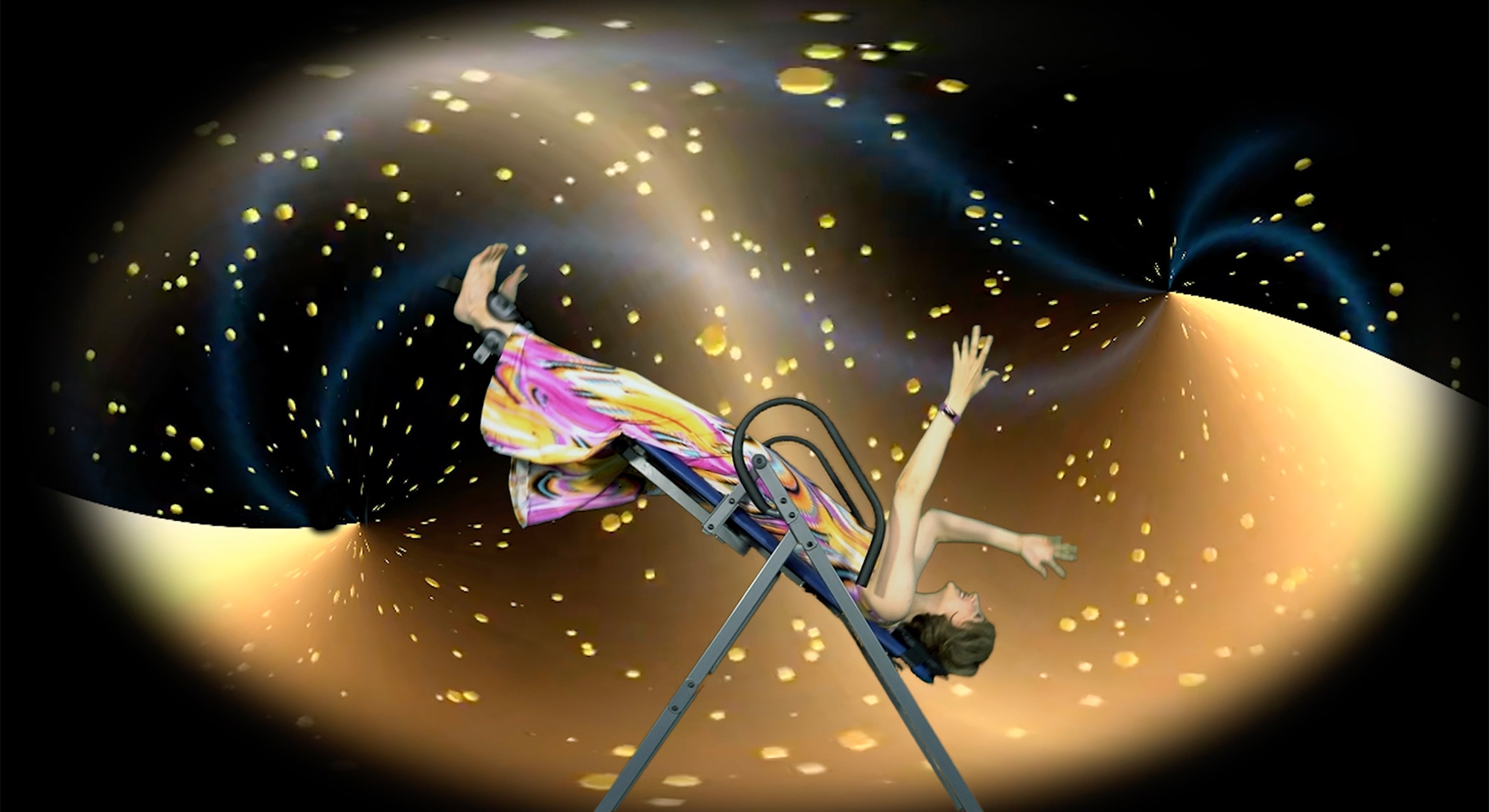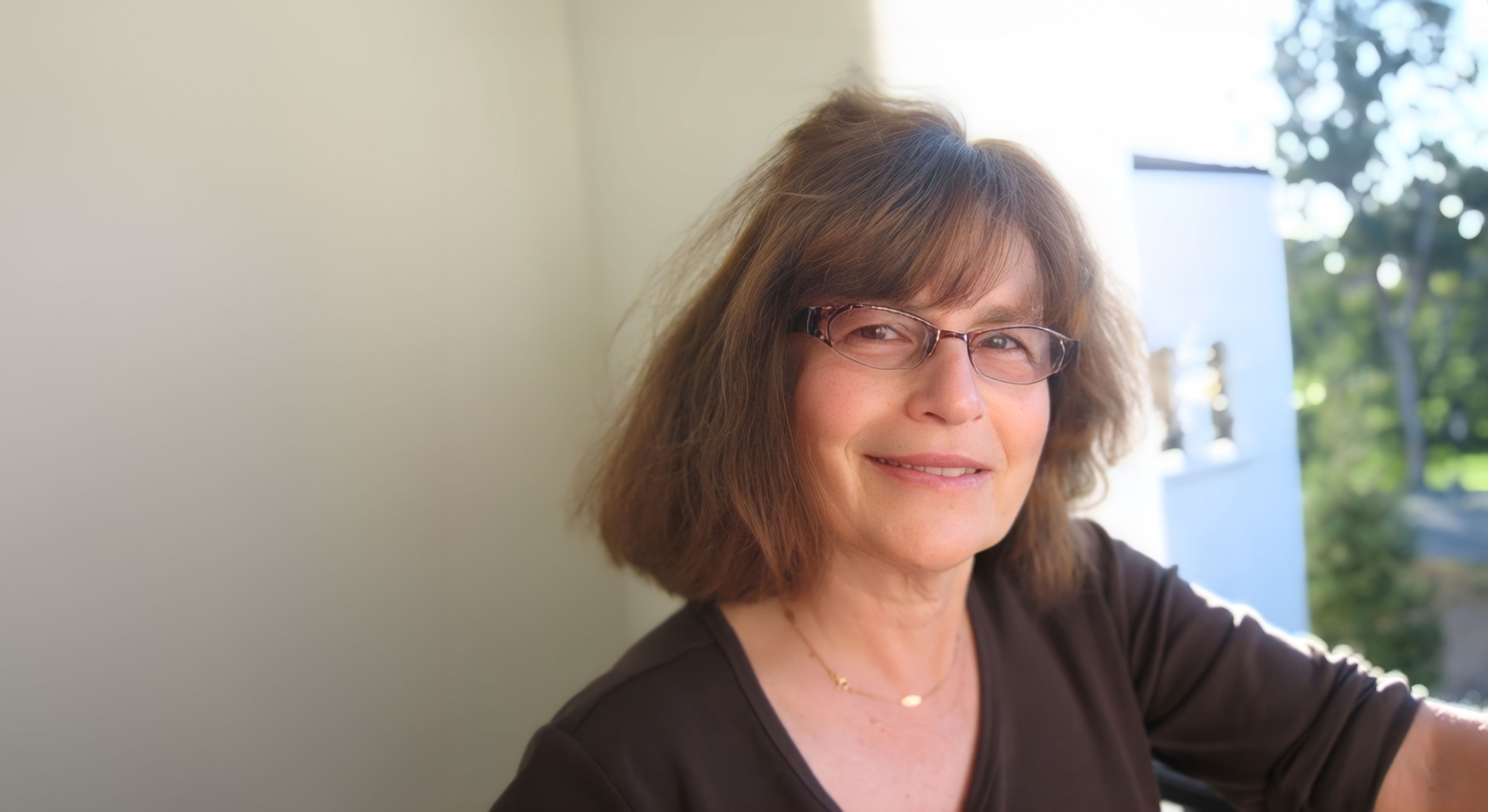UCSB's Carsey-Wolf Center for Film, Television, and New Media Awarded MacArthur Foundation Digital Media and Learning Innovation Grant
The John D. and Catherine T. MacArthur Foundation today announced that the Carsey-Wolf Center for Film, Television, and New Media at UC Santa Barbara is one of 14 institutions throughout the world to be awarded a prestigious Digital Media and Learning Innovation grant.
Selected from among more than 700 proposals, the winning projects from universities, individuals, and organizations are expected to make pioneering contributions to the emerging field of digital media education.
The MacArthur Foundation distributed a total of $2 million to develop novel learning environments using a broad range of digital media tools.
The Digital Media and Learning Competition is part of the foundation's $50 million initiative designed to help determine how digital technologies are changing the way young people learn, play, socialize, and participate in civic life.
MacArthur president Jonathan Fanton described the winners as "true exemplars of how digital media are transforming the way we think and learn."
UCSB's Carsey-Wolf Center received $211,000 to support a multidisciplinary entrepreneurial ocean science education and social networking initiative.
Titled "DigitalOcean: Sampling the Sea," the pilot project will focus on ocean sustainability and engage 200 middle and high school classrooms around the globe in a dynamic online international learning community.
Participants will collect and share data, images, and stories about seafood choices in their communities and learn how these choices affect the health of the world's oceans.
"Sampling the Sea uses multidisciplinary teams of students, scientists, and new media experts, partnering with Google Ocean, NASA GLOBE, and ePals, to engage the next generation of consumers in a global dialogue on the interrelationships among local human customs, regulatory laws, fishing practices, wildlife management, and the future of the sea," said Constance Penley, project leader and co-director of the Carsey-Wolf Center.
The UCSB initiative is important because it uses innovative participatory learning techniques such as online social networking, photo sharing, "mashing-up," and gaming to bring ocean literacy to classrooms where today it is almost entirely missing.
"With the majority of the world's fisheries projected to collapse by the middle of the 21st Century, and nearly a third of major fish species already seriously depleted, it is vital that young people collaborate on understanding the implications of how we harvest and consume seafood if we are to create a cultural consensus to address this problem before it is too late," noted Penley, who is also a professor of film and media studies.
"We want to create a fan base for the ocean."
Additional UCSB researchers participating in the project are Steven Gaines, director of the Marine Science Institute and professor of ecology, evolution, and marine biology; John Melack, acting dean of the Donald Bren School of Environmental Science and Management and professor of ecology, evolution, and marine biology; Ronald E. Rice, co-director of the Carsey-Wolf Center and Arthur N. Rupe professor of communication; Cathy Boggs, associate director of the Carsey-Wolf Center; and Bruce Caron, project manager and executive director of the New Media Research Institute in Santa Barbara.
At the Carsey-Wolf Center for Film, Television, and New Media, scholars from UCSB's nationally renowned departments of film and media studies and communication collaborate with researchers drawn from all of the university's schools and divisions to study everything from silent films to the latest in digital media and satellite communications.
It is one of the first centers at a major university where faculty from the arts, humanities, and sciences collaborate to teach and study mass media from a variety of social, cultural, historical, and scientific perspectives.
The Carsey-Wolf Center's Environmental Media Initiative brings media and communication scholars together with environmental scientists to engage in teaching and research.
"Sampling the Sea" is a pilot project of the Environmental Media Initiative's "DigitalOcean," an ocean science education and social networking infrastructure project to create international, multigenerational communities working for ocean conservation.
Support for the initial development of DigitalOcean was provided by the Paul G. Allen Family Foundation.
The Digital Media and Learning Competition is funded by a MacArthur Foundation grant to UC Irvine and Duke University.
It is administered by the Humanities, Arts, Science and Technology Advanced Collaboratory, a virtual network of learning institutions committed to new forms of collaboration across communities and disciplines fostered by the creative use of technology.
The John D. and Catherine T. MacArthur Foundation is a private, independent grant-making institution helping to build a more just and sustainable world.
Through the support it provides, the foundation fosters the development of knowledge, nurtures individual creativity, strengthens institutions, helps improve public policy and provides information to the public, primarily through support for public interest media.
With assets of more than $6.4 billion, the foundation makes approximately $225 million in grants annually and works in 60 countries.
Related Links
Carsey-Wolf Center for Film, Television, and New Media
The John D. and Catherine T. MacArthur Foundation



